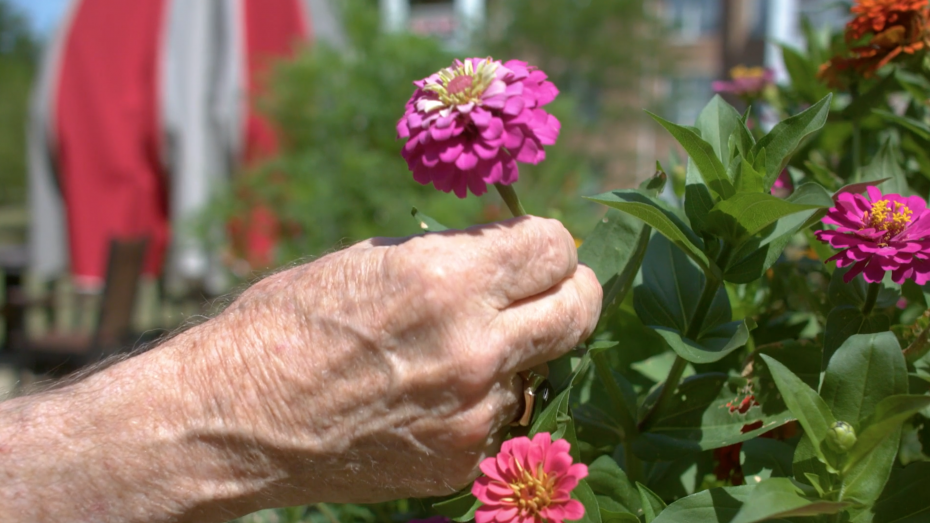
Aging takes courage and challenges individuals to identify their own values, define priorities and discern the best path through life from a body, mind and spiritual perspective. Our bodies are of great value because they are the vehicle that transports us through life. A healthy body allows for greater flexibility in discerning quality of life choices from housing options to palliative care.
Chronic Illness
A complication of aging that impacts our body is chronic illness. A chronic illness or disease is a condition you can control with treatment for months. Asthma, diabetes and depression are common examples. Often, they don't have a cure, but you can live with them and manage their symptoms. According to healthyaging.org, chronic diseases such as heart disease are common among older adults. In fact, many older adults have more than one chronic disease — in other words, chronic diseases often "co-occur" in older people. About 65 percent of Medicare beneficiaries have two or more chronic diseases and 43 percent have three or more.
The Healthy Aging site shares that older adults with multiple chronic illnesses report having poorer heath and more difficulty functioning than older people with just one chronic disease. They also need more healthcare services and are likely to die earlier than older people with just one chronic disease.
Taking Care
Aging with one or more chronic diseases demands that a person take additional care of themselves. Using their intellect, people are challenged to learn about their illnesses and be aware of potential complications. People also must become their own advocate, ask questions and become more informed about the wide spectrum of health care options.
It is imperative to develop a strong relationship with a healthcare provider. Part of your healthcare visits should include a discussion of life priorities and expectations for end-of-life care. When chronic illnesses diminish a person’s ability to function and begin to impact quality of life, it is important to reflect upon personal values and clarify life goals that include palliative care.
Palliative Care
The specialty of palliative care was developed because care of the whole person is essential to quality of life. Multiple disease and system failures can also create severe complications. Dr. Ira Byock, author of The Best Care Possible: A physician’s Quest to Transform Care at End of Life identifies the focus of palliative care as the whole person and their families. He writes:
“Palliative care is an interdisciplinary team approach to care for people with life-threatening conditions, which addresses physical, emotional, social and spiritual distress and seeks to improve quality of life for the ill person and his or her family.”
Dr. Byock says interdisciplinary palliative care teams include physicians, nurses, social workers and chaplains whose goal is to foster creative collaborations. The result is a more comprehensive care plan that improves the quality of care for the whole person and supports their family. Each specialty physician continues to participate as a member of the palliative care team.
Role of Chaplains
The chaplain on the palliative care team plays a key role in supporting the person who is faced with disease complications. As a supportive listening presence, the chaplain invites a person to reflect upon and celebrate life blessings, honor challenges, define personal values and ultimately discern goals at end of life.
Palliative care is one avenue to address increased frailty and the impact of multiple disease complications. Aging challenges people to identify their values and define ultimate life goals. The greatest challenge for those who age is to courageously ponder and speak with loved ones, family and healthcare providers. A person who shares their end of life goals and final wishes with loved ones creates an opportunity for final requests to be honored by those left behind.
Remember, “Yesterday's the past, tomorrow's the future, but today is a gift. That's why it's called the present." May your present be filled with good health, gratitude and abundant blessings.


